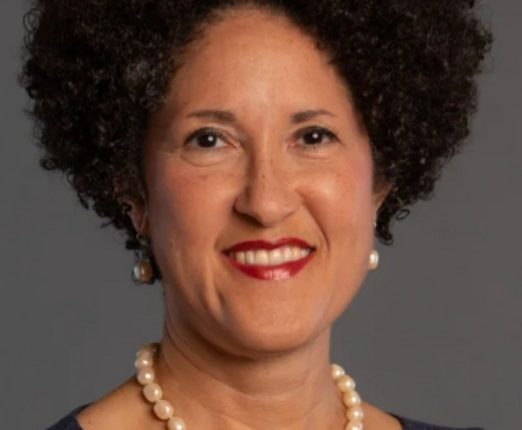The appointment of Dr. Layli Maparnyan as the new President of the University of Liberia marks a significant milestone for the institution and the nation. The author, an Assistant Professor at the University, had publicly called for this appointment, emphasizing the detrimental effects of the prolonged vacancy in the presidential office. He stressed the historical precedent of no Liberian government escaping unscathed after compromising the University’s integrity, highlighting the urgency and importance of filling the position. The government’s responsiveness to this call, along with similar pleas from other Liberians, demonstrates a commitment to citizen engagement and sets a positive tone for the new year. The author congratulates President Boakai, a University of Liberia alumnus, for heeding these concerns and appointing Dr. Maparnyan to succeed the former president, Dr. Nelson.
The selection of Dr. Maparnyan, while generating diverse opinions, underscores the need for a comprehensive history of the University of Liberia. The author acknowledges the discussions surrounding her nationality, noting that she is an African American married to a Liberian. He emphasizes that competence, not nationality, should be the primary criterion in academia, citing the University’s first president, an American, as precedent. He further argues that Dr. Maparnyan’s African American heritage connects her to the Liberian community, making her a suitable leader for the institution. He urges the University community to embrace the new president and support her leadership.
Dr. Maparnyan’s appointment follows a rigorous selection process, emerging as the successful candidate from a pool of twenty-two applicants, ultimately competing against a single finalist after a third withdrew to accept another position. The author acknowledges the competitive nature of the process, noting that all applicants possessed strong academic credentials, with some holding full professorships at the University of Liberia. He commends the other finalist, Dr. Zinnah, for his public support and pledge of collaboration with Dr. Maparnyan, urging her to leverage Dr. Zinnah’s experience as a former Vice President for Academic Affairs. He extends this call to collaboration to all other applicants, recognizing the value of their experience and expertise for the University’s advancement.
The author then shifts focus to the pressing challenges awaiting the new president. Foremost among these is the need for a forensic audit of the University’s finances, a process he understands is already underway. He also advocates for a credential audit of all lecturers and professors to ensure the integrity of the academic staff, emphasizing the importance of meritocracy within the institution. He explicitly calls for an end to the era where individuals with questionable qualifications were promoted based on political affiliations. He believes that Dr. Maparnyan’s unique position as an American married to a Liberian offers an opportunity for unbiased leadership transcending tribal or regional affiliations.
Beyond these critical audits, the author outlines a series of recommendations for Dr. Maparnyan’s immediate attention. These include restructuring the finance and human resources departments, adhering to the University’s Charter while initiating a consultative process for its revision, and fully implementing the 2019 faculty promotion policy based on merit. He stresses the importance of timely salary payments, advocating for direct deposit by the Ministry of Finance and Development Planning. Further recommendations include refurbishing campus facilities, addressing salary disparities, clearing outstanding faculty arrears, and procuring transportation for the Sinje faculty.
The author continues with recommendations focused on enhancing the academic environment. He advocates for regular faculty performance reviews, campus-wide internet access, and improved laboratory and library resources, including an online library. He encourages the adoption of technology for automated services, the establishment of a merit-based scholarship program for high-achieving students, and the revitalization of the University of Liberia Farm for both food production and practical training. He further proposes the establishment of a separate account for graduate school fees and tuition, fulfilling the agreement to compensate thesis supervisors, and upgrading graduate school facilities.
Addressing technological and research needs, the author recommends renewing the Turnitin software license for plagiarism detection, developing a University-owned web-based system, and launching the long-delayed interdisciplinary academic journal. He emphasizes the importance of research funding, advocating for a dedicated research account. He also calls for streamlining the transition from undergraduate to graduate programs, addressing stagnant faculty promotions, and providing necessary computer programs for graduate courses. Finally, he suggests a collective bargaining agreement with faculty and staff to guide the University’s strategic direction and resolve potential disputes.
Concluding his recommendations, the author urges Dr. Maparnyan to reclaim the John F. Kennedy Medical Centre as the University’s teaching hospital, actively seek grants and private funding for research, and ensure regular payment of medical students’ allowances. He emphasizes the joint responsibility of the government and the University president in securing funding and reducing political interference. He calls for a shift towards peaceful and democratic student activism on campus, advocating for the use of reasoned discourse rather than disruptive protests. He reiterates his welcome to Dr. Maparnyan, expressing optimism for her tenure and the future of the University of Liberia.














